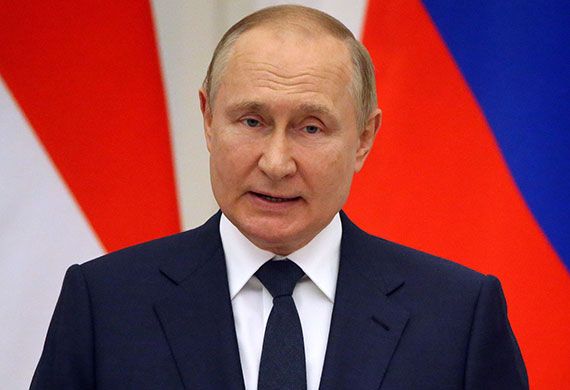Vladimir Putin, President, Russia
By Global Leaders Insights Team

Vladimir Putin has reacted to the U.S. trade war with both cautious hope and careful planning. While many nations are hurt by Trump’s broad tariffs, Russia avoided them, as trade between the U.S. and Russia is already limited by sanctions and amounted to only $3.5 billion in 2024. From Putin’s point of view, the trade war makes it possible to take advantage of changes around the world even as problems for Russia’s oil sector are anticipated.
In April 2025, Putin encouraged his economic team to profit from the trade war by increasing production within Russia and increasing trade with non-Western countries such as China. He believes the U.S. tariffs which caused oil prices to drop by 15 percent to $50 per barrel below Russia’s budget range, endanger the country’s financial situation. Because 30 percent of Russia’s budget comes from oil and gas, this crisis is increasing budget deficits and making the ruble less valuable. According to Putin’s administration, oil revenue from 2025 to 2027 is now expected to drop by 15 percent, indicating that the economy’s growth will slow to 2.5 percent in 2024 from 4.3 percent.
Putin is taking advantage of Russia not facing tariffs due to little trade and the ongoing Ukraine peace negotiations. He has welcomed Trump’s policies, believing they will make it easier to build stronger relations with the U.S. and maybe lift sanctions. Even so, Putin is observant, as his spokesman noted that monitoring wild swings in the global economy is necessary to reduce the risk of complications.
Putin reportedly wants to replace American oil and gas for China’s needs, yet competition from other countries means his attempts aren’t always successful. The low price for oil and the two-week drop in the Moscow Exchange show some of the economic flaws facing Russia in 2025. Russia is in a vulnerable position because Putin has not switched away from oil and is spending a lot on the Ukraine conflict. Although he promotes peace efforts, Putin’s military actions suggest he benefits from the chaos in trade wars to increase Russia’s influence, hoping for a divided West.
.jpg)